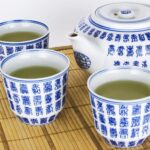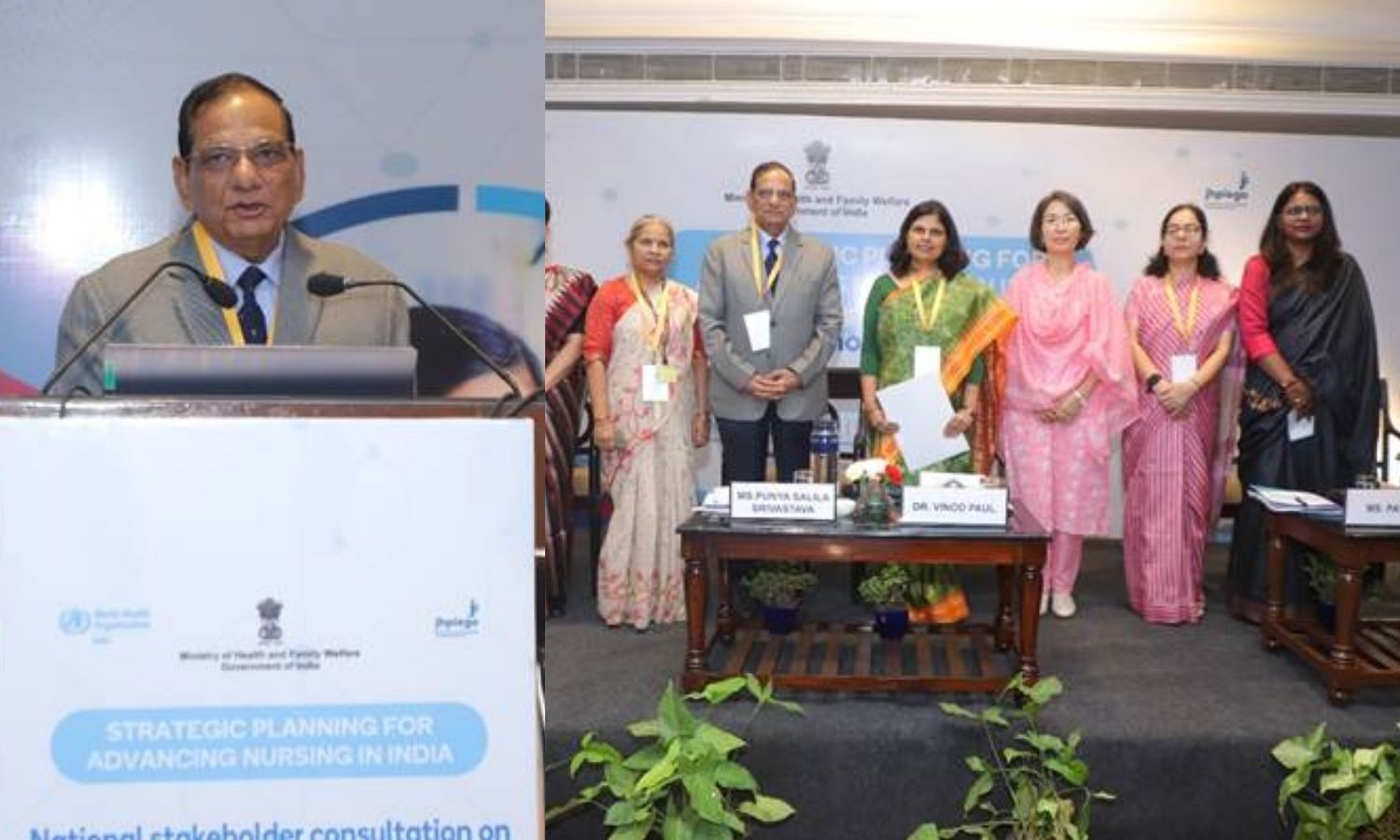November 13, 2025
2 min read
Key takeaways:
- Qdenga offered protection against all four dengue serotypes for 7 years, Takeda said.
- The vaccine is not available in the U.S. and Takeda has no immediate or additional next steps planned at this time.
Takeda’s dengue vaccine demonstrated strong protection against infection and hospitalization for up to 7 years, findings shared by the company showed.
The company reported data from the phase 3 TIDES trial, which assessed the vaccine — marketed as Qdenga — among more than 20,000 healthy children and adolescents in eight dengue-endemic countries in Latin America and Asia.

Qdenga was 61% effective at 4.5 years, which increased to 74% 2 years after a booster dose. Image: Adobe Stock
Qdenga is authorized for use in 41 countries and is the only remaining dengue vaccine available for broad use globally, although it is not approved in the United States.
In 2023, Takeda voluntarily withdrew its application to the FDA over data the agency said were missing from the application. According to David Hamer, MD, co-core lead on climate change and emerging infectious diseases at Boston University’s Center on Emerging Infectious Diseases, the concern was that the vaccine did not provide adequate protection against dengue serotypes 3 and 4.
“They just didn’t have enough data,” Hamer told Healio recently.
But in a press release announcing the new findings from TIDES, Takeda said the vaccine was efficacious against all four dengue serotypes through 7 years. A Takeda spokesperson told Healio there are no “immediate or additional next steps” planned regarding Qdenga’s biologics license application to the FDA, although its investigational new drug application is still open and being maintained.
“While we do not have further updates to share on our regulatory plans in the U.S., keeping the investigational new drug application open allows us to continue conversations with FDA on potentially bringing Qdenga to the U.S. market,” the spokesperson said.
US has no vaccine
WHO estimates that half of the world’s population is at risk for dengue. In the U.S., outbreaks are mostly associated with tropical territories, including Puerto Rico and the U.S. Virgin Islands, although a few states also see locally acquired cases, including California, Florida and Texas, which all reported local cases last year.
The U.S. does not currently have an available approved dengue vaccine. The only one ever approved by the FDA was Dengvaxia, which Sanofi Pasteur has stopped making because of a lack of demand.
The remaining stock will expire next August, and because the vaccine is given in three shots over the course of a year, the time to start the series has passed.
‘Longest-studied dengue vaccine’
TIDES data reported by Takeda showed that Qdenga prevented virologically confirmed dengue in 61.2% (95% CI, 56%-65.8%) of study participants 4.5 years after dosing. A booster dose given at the 4.5-year mark increased the vaccine’s efficacy to 74.3% (95% CI, 66.7%-80.1%) after 2 years.
Qdenga also reduced the prevalence of dengue-related hospitalization, with an 84.1% (95% CI, 77.8%-88.6%) vaccine efficacy at 4.5 years. This efficacy remained high at 90.6% (95% CI, 78.9%-95.8%) after a booster dose.
“Qdenga is now the longest-studied dengue vaccine to date and the only approved dengue vaccine for use regardless of prior disease exposure, providing another valuable option to help reduce the growing burden of disease,” the Takeda spokesperson said.
“Qdenga’s ability to provide sustained protection without a booster dose is an important factor in public health planning and may offer advantages such as improving vaccination adherence and simplifying administration of the vaccine, especially in public health settings,” they said.










